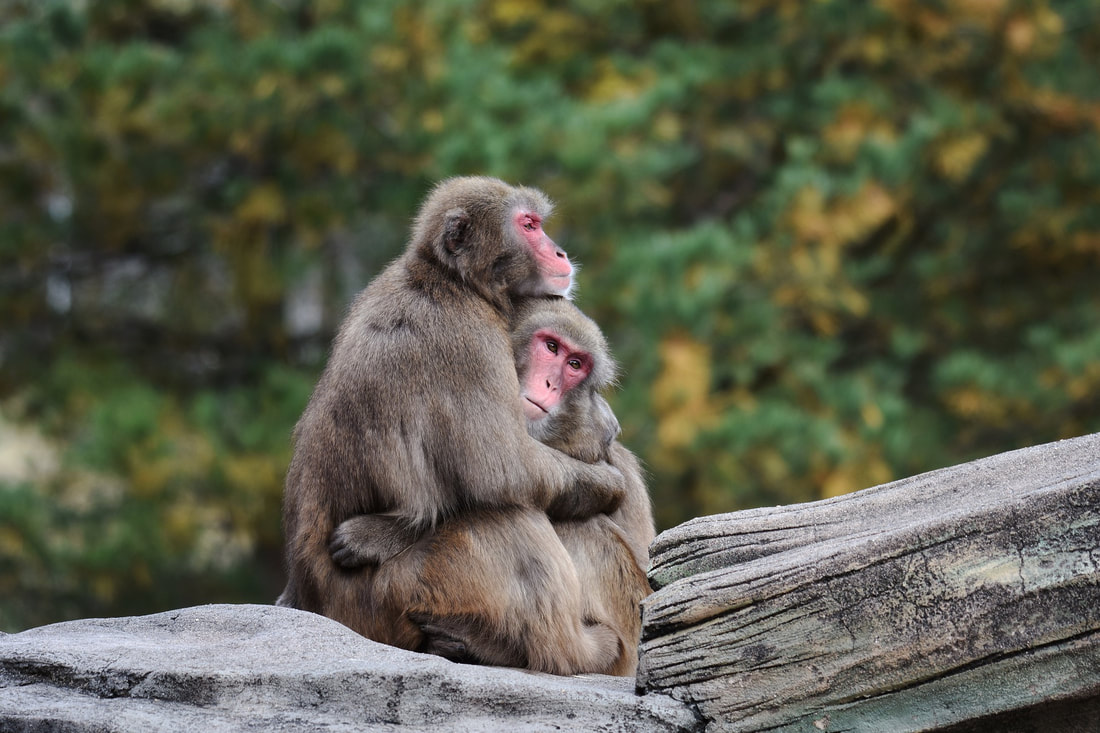Growing up in Asia, I learned to honor teachers. It is part of the culture of respect for elders, which is not always prevalent in the west. As a child, we learned to stand-up when the teacher entered into the classroom and we greeted the teacher as a chorus of students, sometimes even bowed. This is the kind of respect we were taught to give our teachers. In Malay, there are a few words for teacher. One is "Guru." Once again, this has a different connotation in the west. Many westerners think of Guru as some cult leader, a spiritual leader. In Malaysia, it can mean a math teacher in a primary school. We celebrated Teachers' Day every year in school with giving our teachers gifts of flowers or food. When I got to university in the US, I realized all that was different. We called many of our professors by their first names, some didn't greet them when they entered the classroom and in fact, the professors were graded by us students at the end of the semester, something you would never do in Asia. A note on first-name usage in Malaysia, if someone is older than you, you should address them as Auntie/Uncle and you can add their first name after, otherwise use Ms./Mr. A teacher in Malaysia, in my time there, was address with Mrs./Ms./Mr. or in university, Professor. Never first name only, as they were given a respect of an elder.
My experience of both Asian and American teachers has taught me to respect teachers more. As a young adult, I questioned these old Asian ideals of giving respect to teachers. I had some "good" teachers but in the majority of my experience they were mean, unhappy individuals, abusing their position of power, and not really deserving of the respect that we were forced to pay them. I had few teachers who inspired learning or it seemed to me even cared about my learning. They didn't adapt the material to suit the child, the child had to suit the material. In some ways, I can understand that the system, which was/is overloaded with up to 50 children in 1 classroom, could not cater to each child's needs but it did not require abuse. When I got to the US, the roles were completely changed; many students didn't care or respect their teachers; they complained about the teachers if something didn't go their way, or got a bad grade and even insulted the teacher. Not so long ago, I found a website that even rated professors, where students could leave reviews of them with stars, like your experience at a restaurant or your thoughts on a movie. But most of my encounters in university in the US were positive; most professors were humane, down-to-earth, genuinely interested that their students learned something. I felt that I could give these individuals my respect.
It was also in the US that I came to be aware of the old Teacher-Student or the Master-Disciple relationship. As I began to study Chinese Medicine, I wanted to learn/practice Qi Gong deeply. I went on a search in the phone book for a teacher in my area and I called. Being a student, I had little money for anything outside of university so I asked if I could do a work-learn exchange. What I didn't realize then was that I was asking to be a disciple of a Master. This began my relationship with ShiFu Donald and ShiMu Cheryl Lynne. They were teachers of Tai Ji Quan/Qi Gong/Shao Lin Quan. "Shi" in Mandarin means "skilled person" and "Fu" is "father," while "Mu" is "mother." These mean Master. I learned the old Chinese ways of Master-Disciple from them. I did office work, helped with their school organization and in return I took classes with them. In these moments of interaction, I learned about culture, arts, philosophy, medicine, martials arts and life. They became to me, as my own parents put it, my "Godparents." We have gone separate ways since I moved to Europe but they are still dear to me and I honour them often, as I pass on the knowledge they passed on to me. They taught me to honor lineage and tradition. They often spoke of their teachers, ShiFu Kuo Lien Ying and ShiFu Bing Gong, and how us students were carrying on the line of Guang Ping Yang Tai Ji Quan. From this, I have also learned to honour the legendary Masters of Chinese Medicine of ancient times to the present teachers that have shaped the way I think, sense, feel and heal the world.
My experiences from Malaysia, USA and Switzerland has helped me to appreciate Teachers much more. On October 5th, designated by UNESCO as World Teachers' Day, I will remember all the teachers who have touched me in my life. The experiences have not always been positive but even these have also taught me something, of how not to be with my students ;) Being a Teacher is not an easy job but it is an honourable profession, a long tradition of passing on knowledge, so that future generations may flourish and wisdom may prevail. For this, I honour all Teachers.
Images Legendary Chinese Medical Masters from Wikimedia Commons
Images TaiJiQuan Masters from Rubbo


 RSS Feed
RSS Feed